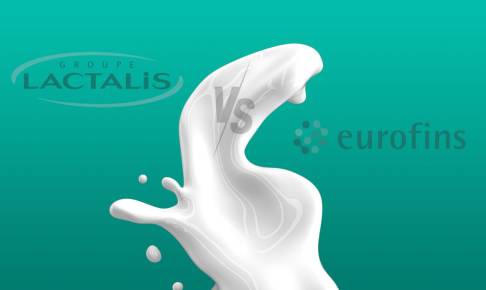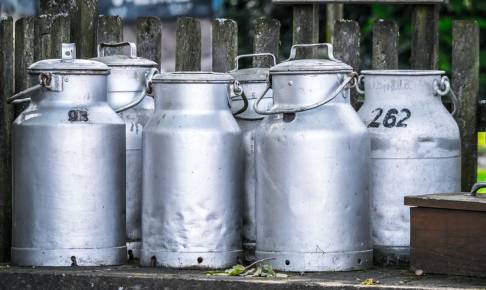Reducing pre-enrichment time for fastidious bacteria detection via Real-Time PCR
Microbiological quality and safety of food, feed and water is a major global concern. Many people suffer from illnesses through consumption of food products contaminated by a variety of foodborne pathogens. In addition, food contamination by spoilage microorganisms can cause large economic losses to industries and impact brand reputation. Therefore, industry is seeking robust, rapid and reliable methods to detect pathogens and spoilage micro-organisms in different products: (1) to reduce costs of holding products in storage while routine testing is conducted and (2) mitigate product recalls.
To date, microbiological tests based on Real-Time PCR are the most rapid available. However, these methods are still affected by some limitations: (I) the need for a ‘cultural pre-enrichment’ step in order to ensure a sufficient number of targets, 102-104 are present within the small subsample that can be assayed using PCR; (II) sample cleanup procedures are necessary in order to improve detection sensitivity by sample size reduction and purification from PCR inhibitors present in the sample matrix; (III) in addition, detection methods following cultural enrichment steps may not be quantitative and cannot determine the original contamination level.
PATHfinder is the portfolio of Real-Time PCR kits developed at Generon for the detection of pathogenic and spoilage micro-organisms with state of art sensitivity (1-10 genomic copies/reaction). When coupled with InnovaPrep Concentrating Pipette™ (CP Select™) System, PATHfinder kits allow the detection of low levels of foodborne and waterborne micro-organisms in samples with no or minimal enrichment.
While the purpose of cultural enrichment is to increase the number of the target bacterial pathogens to reach the sensitivity level of a detection method, the CP Select addresses the prerequisites of sensitive and accurate detection by separating target bacterial pathogens from food samples, removing inhibitors in the matrices and concentrating the pathogens to a detectable level without affecting the properties of bacterial cells.
The InnovaPrep Concentrating Pipette exploits the filtration through high surface-area PES hollow fibers for separating and concentrating microbial cells (including viruses) from sample suspensions. The method is relatively inexpensive and straightforward, offering the possibility to process large volumes (up to 5 liters) of suspension quickly. An elution in as little as 150 µl of PBS or TRIS elution fluid is produced using proprietary wet foam technology. The sample is immediately ready for nucleic acid extraction and subsequent detection with Real-Time PCR.
When considering a classical pre-enrichment in 225 ml, given a LOD of PCR reaction of 10 genomic copies it is sufficient to have 10 CFU/ml to allow detection. It is then intuitive this rapid ‘mechanical enrichment’ multiplies the benefits of PATHfinder Real-Time PCR detection providing same day quantitative results in foodborne bacteria detection, and this is extremely valuable especially for slow growing bacteria like Campylobacter or Alicyclobacilli.
... rapid ‘mechanical enrichment’ multiplies the benefits of PATHfinder Real-Time PCR detection [...] and this is extremely valuableDownload content now





















